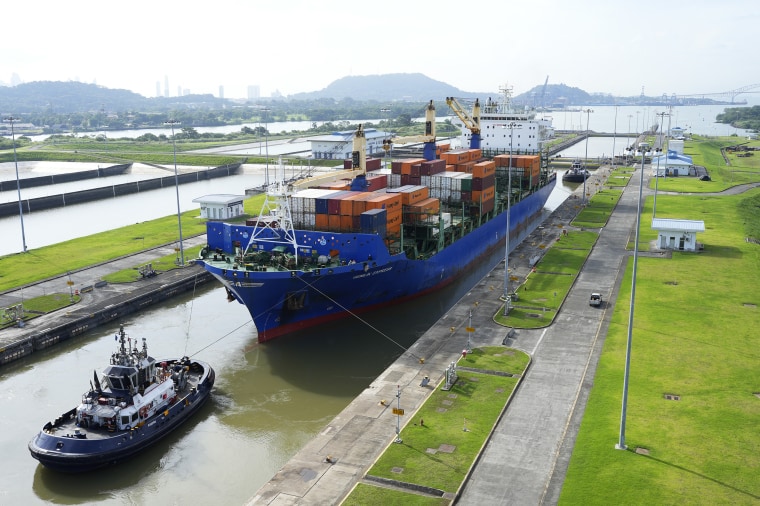
When new Secretary of State Marco Rubio travels abroad late next week for the first time as the top diplomat of the United States, Panama will be one of his first trips. This presents a special kind of challenge for him early in his term.
One of the United States’ closest allies in Latin America is Panama, but since December, President Donald Trump has stated his desire to reclaim the Panama Canal, claiming in rallies, social media posts, and even his inauguration speech that China controls the vital canal. The canal is run as a neutral waterway, and neither China nor Panama have acknowledged meddling in its management.
According to State Department spokesman Tammy Bruce, Rubio’s tour will include stop in Guatemala, El Salvador, Costa Rica, and the Dominican Republic.
Bruce told reporters Thursday that we must care about our neighbors if we want to be safe, affluent, and in good health. In the modern world, that would undoubtedly be South and Central America.
During his inauguration speech on Monday, Trump claimed that China is running the Panama Canal. Additionally, we gave it to Panama instead of China, and we are now reclaiming it.
U.S. officials in both Republican and Democratic administrations have long expressed alarm about China’s investments in vital Western Hemisphere infrastructure, including the ownership of neighboring ports, even though China does not run the Panama Canal. Along the Panama Canal, at least five Chinese state-owned businesses are in operation. Former US Southern Command commander Gen. Laura Richardson, who is now retired, issued a warning in 2023 that the corporations might be turned over for military use.
During his confirmation hearing earlier this month, Rubio expressed those worries.
When asked about Trump’s threats, Rubio told the Senate Foreign Relations Committee that it might be argued that the conditions under which the canal was turned over had been broken. Since a foreign power currently has the ability to use its companies, which we know are not independent, to turn the canal into a choke point during a conflict, even though technically sovereignty over the canal has not been transferred to them, this poses a direct threat to American national security and interest.
Panama is an excellent partner on many other issues, Rubio continued.
In addition to continuing to collaborate with them on a number of topics we have in common, such as how to handle migration, I hope we can find a solution to the canal’s security problem, Rubio stated.
Throughout his next tour, immigration will be a major topic of discussion.
Securing America’s borders, halting illegal and destabilizing migration, and negotiating the return of illegal immigrants will be primary priorities for U.S. ambassadors going forward, according to an official letter sent on his first day in office and obtained by NBC News.
Rubio stated in the document that one of the most important concerns of our day is mass migration. Mass migration must come to an end.
